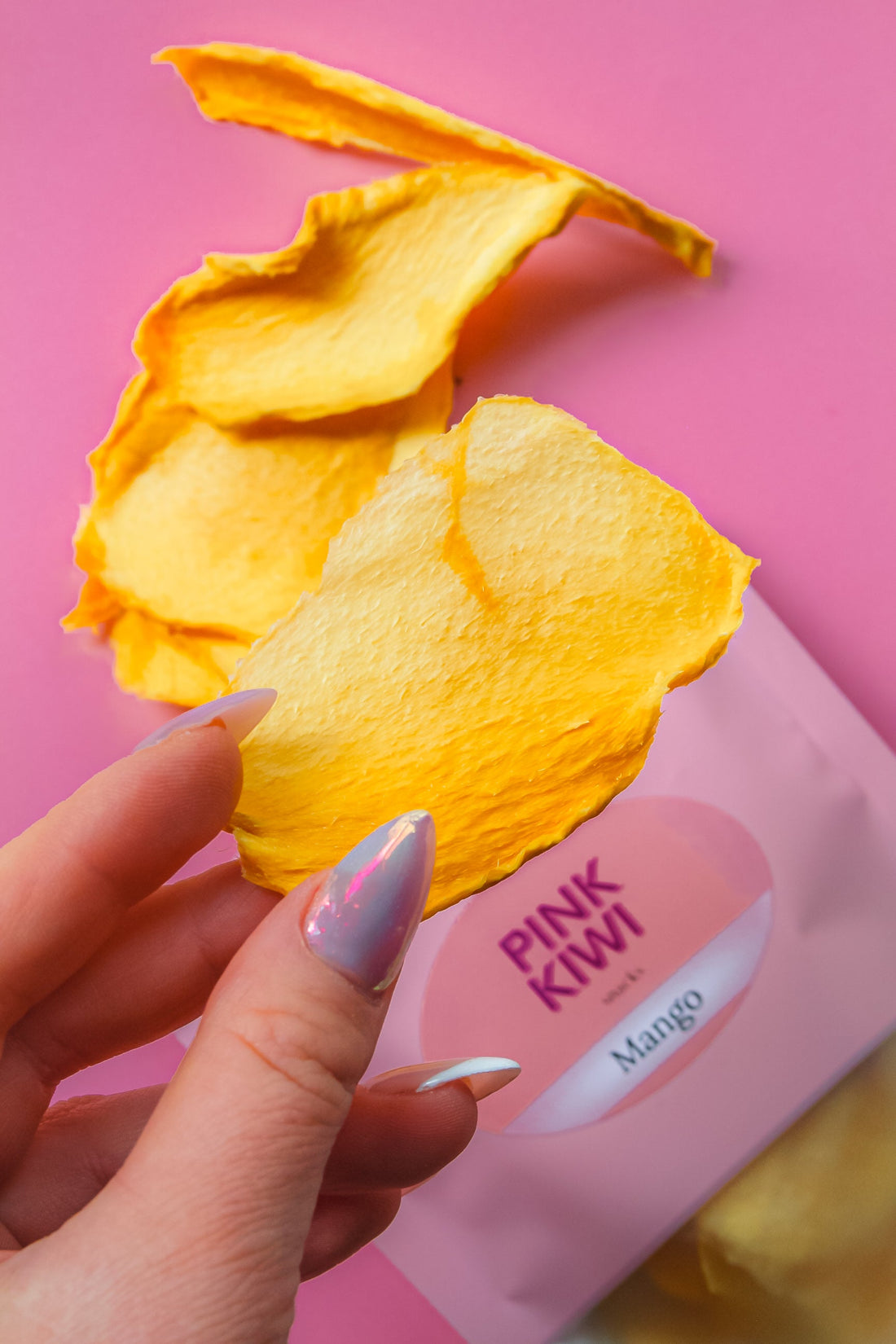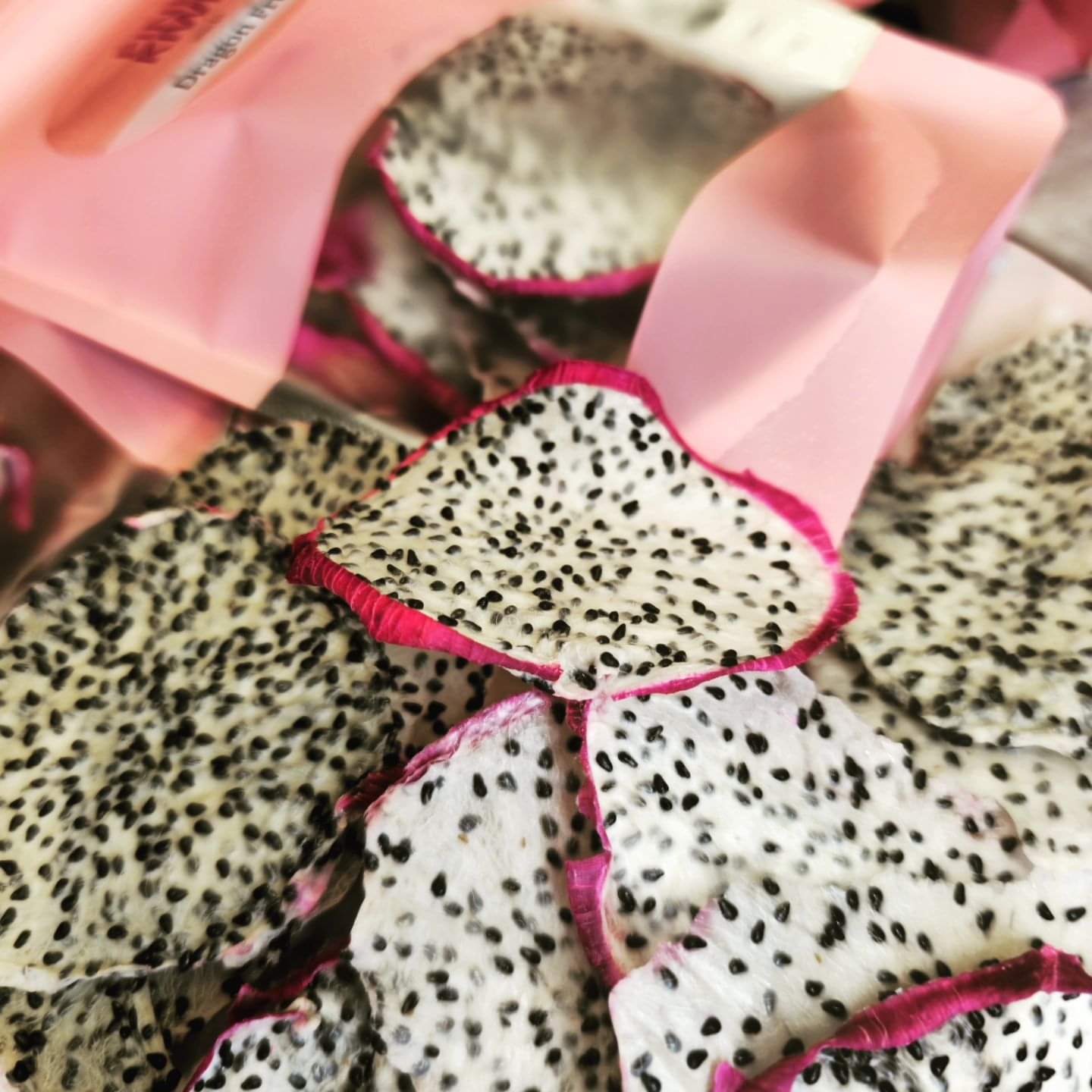
The Truth About Sugar: Natural vs. Added – What You Need to Know
Share
Sugar has become one of the most debated topics in nutrition. Many people are cutting it out of their diets, but is all sugar bad? The truth is, not all sugar is created equal. There is a significant difference between natural sugars found in whole foods and added sugars found in processed products.
Understanding these differences can help you make smarter food choices without unnecessary restrictions.
What Is Natural Sugar?
Natural sugars occur naturally in foods like fruits, vegetables, and dairy. These sugars come with fiber, vitamins, minerals, and antioxidants, which help the body process them efficiently.
Examples of Natural Sugars:
- Fructose – Found in fruits and some vegetables
- Lactose – Found in dairy products like milk and yogurt
Why Natural Sugars Are Better
- They come with fiber (in fruits) which slows down sugar absorption, preventing blood sugar spikes.
- They contain essential nutrients like vitamins and minerals that support overall health.
- They feed good gut bacteria, improving digestion.
Eating whole foods with natural sugar doesn’t lead to the same health risks as consuming refined sugar.
What Is Added Sugar?
Added sugar is artificially introduced to foods during processing to enhance flavor, texture, and shelf life. It is stripped of fiber and nutrients, causing rapid spikes in blood sugar followed by crashes.
Common Sources of Added Sugar:
- Sodas and energy drinks
- Packaged snacks and baked goods
- Flavored yogurts
- Breakfast cereals
- Sauces and dressings
Why Added Sugar Is Harmful
- Increases risk of obesity and diabetes due to blood sugar spikes.
- Leads to sugar cravings and overeating because it lacks fiber.
- Negatively affects heart health by increasing bad cholesterol levels.
The World Health Organization (WHO) recommends keeping added sugar intake below 10% of daily calories, ideally under 5% for maximum health benefits.
Dried Fruit: A Natural Sweet Alternative?
Dried fruit contains only natural sugars and retains most of its fiber and nutrients. It provides a healthy energy boostwhile avoiding the pitfalls of refined sugars.
Best Dried Fruits for a Natural Sweet Fix:
- Dried mango – High in vitamin C and fiber
- Dried dates – A natural energy booster
- Dried kiwi – Packed with antioxidants
- Dried apples – A great source of soluble fiber
Choosing unsweetened dried fruits ensures you're getting pure, natural sugar without additives.
How to Reduce Added Sugar Intake
- Read labels – Look for "no added sugar" or "naturally sweetened" options.
- Choose whole foods – Eat fresh fruits instead of sugary snacks.
- Replace processed snacks – Swap candy and baked goods for dried fruits and nuts.
- Make homemade meals – Reduce sugar by preparing dressings, sauces, and snacks at home.
- Opt for natural sweeteners – Use honey, dates, or fruit purees instead of refined sugar.
Conclusion
Not all sugar is bad. Natural sugars in fruits and whole foods provide essential nutrients and fiber, while added sugars in processed foods contribute to health risks.
Making the switch to natural sugar sources like dried fruits can help you maintain a balanced, healthy lifestyle without sacrificing sweetness.
Looking for healthy, naturally sweet snacks? Explore our No-Added-Sugar Dried Fruit Collection and enjoy nature’s candy guilt-free.


3 comments
Great article! It’s so helpful to know the difference between natural and added sugars to make healthier choices without feeling restricted. Thanks for sharing! https://www.shemed.co.uk/blog
Mindful eating can enhance the benefits of GLP-1 medications by helping you tune into hunger cues and make better food choices. Learn more tips on mindful eating here: https://www.shemed.co.uk/blog/mindful-eating-practices-to-complement-glp-1-medication-use
Really loved this article! Understanding natural vs added sugar is so helpful. I also use SheMed for managing cravings and emotional eating it’s been really useful: https://www.shemed.co.uk/blog/how-to-manage-cravings-and-emotional-eating